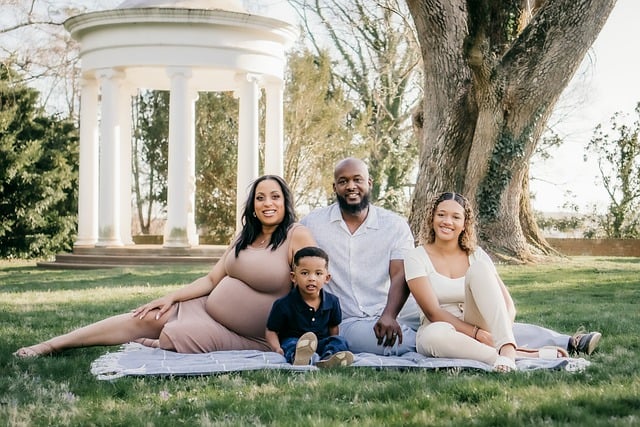Hey there! If you’re having trouble conceiving or carrying a pregnancy to term, you might be facing female infertility. The good news is that fertility experts can help you pinpoint the issue and provide tailored treatment options. Let’s dive into some common causes of female infertility.
Egg-Related Issues
First off, let’s talk about the eggs. For successful conception, a woman’s body needs to release a healthy egg each month. If there’s a problem with ovulation or the quality and quantity of eggs, it can lead to challenges in getting pregnant.
Ovulation Challenges
A regular menstrual cycle typically indicates regular ovulation. If your cycle is irregular or absent, it could mean you’re not ovulating, which means no eggs are available for fertilization. Some common reasons for irregular ovulation include:
- Polycystic Ovary Syndrome (PCOS): This condition affects about 5-8% of women of reproductive age and involves symptoms like irregular periods, excess androgen, and polycystic ovaries visible on ultrasound.
- Primary Ovarian Insufficiency (POI): If a woman under 40 has very few eggs left, she might experience irregular periods and symptoms like hot flashes.
- Thyroid Issues: Both hyperthyroidism and hypothyroidism can disrupt ovulation.
- Hypothalamic Dysfunction: Stress or other factors can hinder the hypothalamus, affecting hormone release necessary for ovulation.
Egg Quality and Quantity
Even with regular ovulation, issues can arise if the eggs themselves are of poor quality or insufficient in number. Women are born with all the eggs they’ll ever have, and this number declines significantly over time. By the time they reach menopause, most women have very few, if any, functioning eggs left. This is important because older eggs are more likely to have chromosomal abnormalities, which can lead to implantation issues or miscarriages.
Doctors often check ovulation through menstrual history and progesterone levels, while hormone levels like estradiol and follicle-stimulating hormone (FSH) help evaluate egg quantity.
Age-Related Infertility
Age plays a big role in fertility. Many women are delaying motherhood into their late 30s and 40s, which can significantly impact their chances of conceiving. Fertility studies show that pregnancy rates drop as women age. For example, a 20-year-old woman has about a 30% chance of conceiving in a month, while that rate falls to just 10% by age 40. Consequently, the risk of miscarriage increases with age due to the decline in egg quality.
Uterine Factors
Conditions affecting the uterus can also hinder implantation. Fibroids, polyps, and scarring (like Asherman’s Syndrome) can create obstacles for embryo growth. Doctors often use tests like hysterosalpingograms (HSG) or saline sonography to check the uterine cavity for any abnormalities.
Tubal Issues
The fallopian tubes are crucial for picking up the egg after ovulation and where fertilization happens. Blocked or damaged tubes can prevent the sperm from meeting the egg, leading to infertility.
For those navigating the emotional rollercoaster of infertility, remember that you’re not alone. There are resources out there, including our blog post on managing pregnancy while caring for a toddler, which provides tips for balancing these precious moments. You can also check out Make A Mom for more insights on artificial insemination kits, or explore the World Health Organization’s excellent resources on pregnancy.
Summary
Female infertility can stem from various factors including ovulation problems, egg quality, age, uterine issues, and tubal complications. Understanding these causes can help in seeking appropriate treatments.

